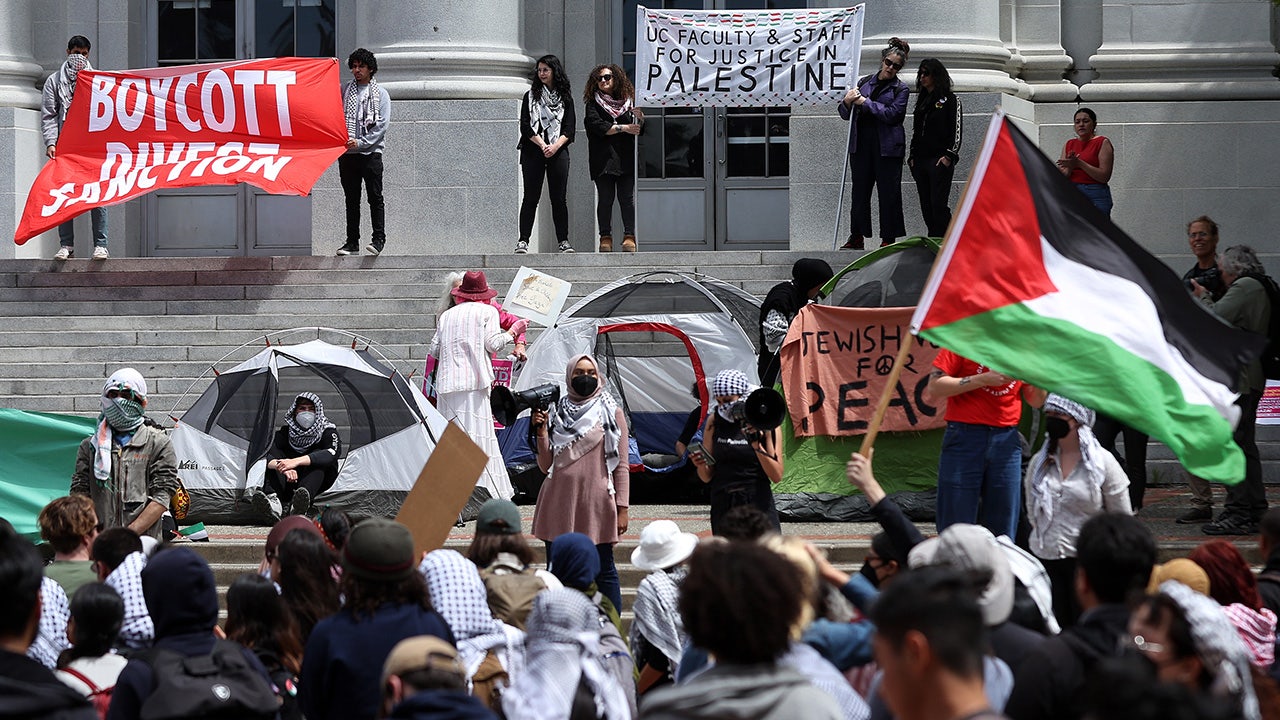
Chief Justice John G. Roberts Jr. ruled on Monday that Peter Navarro, a trade adviser to Donald J. Trump during his presidency, must start serving a four-month sentence for contempt of Congress while he pursues an appeal.
Mr. Navarro, who refused to comply with a subpoena seeking information about the Jan. 6, 2021, attack on the Capitol, must report to a federal prison in Miami on Tuesday, making him the first senior aide to Mr. Trump to serve time in connection with the plot to overturn the 2020 election.
Chief Justice Roberts, acting on his own without referring the matter to the full Supreme Court, said he saw no reason to disagree with an appeals court’s determination that Mr. Navarro had not “met his burden to establish his entitlement to relief.”
The chief justice added that his order applied only to the question of whether Mr. Navarro should remain free while he appealed and did not express a view on the appeal itself.
A House committee had sought testimony and documents from Mr. Navarro about his plan to stall the certification of the election by holding up the counting of electoral votes. He refused to comply, saying that Mr. Trump had told him to invoke executive privilege.
After Mr. Navarro was convicted and sentenced, Judge Amit P. Mehta rejected his request to remain free while on appeal, saying there were no substantial legal questions for the courts to consider. The key point, wrote Judge Mehta, who was appointed by President Barack Obama, was that “the court found no evidence that President Trump ever invoked the privilege.”
A unanimous three-judge panel of the U.S. Court of Appeals for the District of Columbia Circuit agreed that Mr. Navarro, 74, must start serving his sentence. The judges said he “has not shown that his appeal presents substantial questions of law or fact likely to result in reversal, a new trial, a sentence that does not include a term of imprisonment, or a reduced sentence of imprisonment.”
The panel added, in an unsigned opinion, that Mr. Navarro had not shown that “the privilege has actually been invoked in this case in some manner by the president.”
In an emergency application asking the Supreme Court to intervene, Mr. Navarro’s lawyers said he was not a flight risk or a danger to public safety.
“For the first time in our nation’s history, a senior presidential adviser has been convicted of contempt of Congress after asserting executive privilege over a congressional subpoena,” they wrote.
They added that important legal questions remained unresolved. “Chief among them,” the lawyers wrote, “are whether an ‘affirmative’ invocation of executive privilege was required to preclude a prosecution for contempt of Congress; what was required of former President Trump for a ‘proper’ invocation of privilege; and whether such an invocation required ‘personal consideration,’ all questions of first impression.”
In response, the Justice Department lawyers wrote that Mr. Navarro’s arguments were all based on a faulty premise. “Executive privilege belongs to the executive branch, not to an individual present or former employee,” their brief said, “and if the head of that branch declines to assert the privilege, a subordinate cannot do so.”





